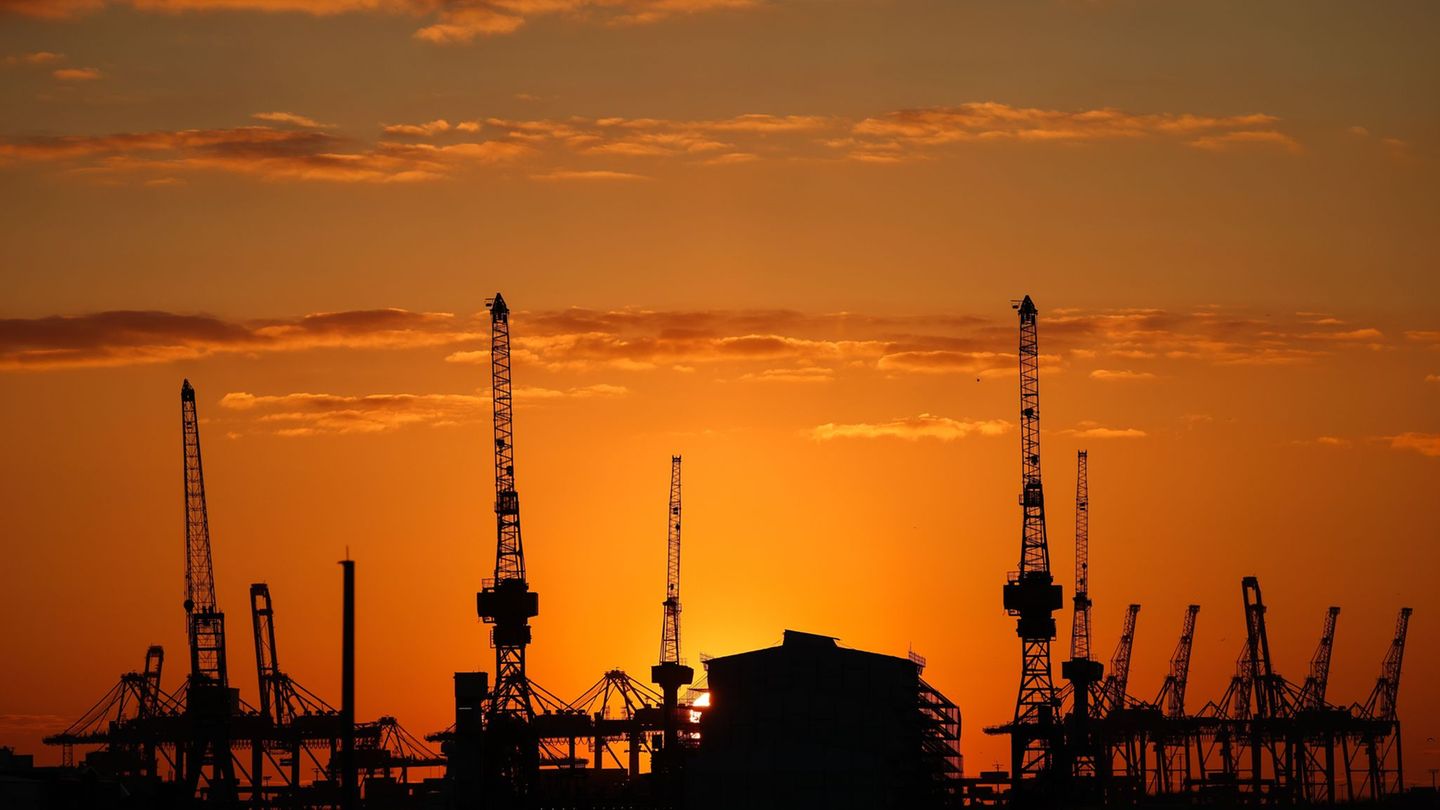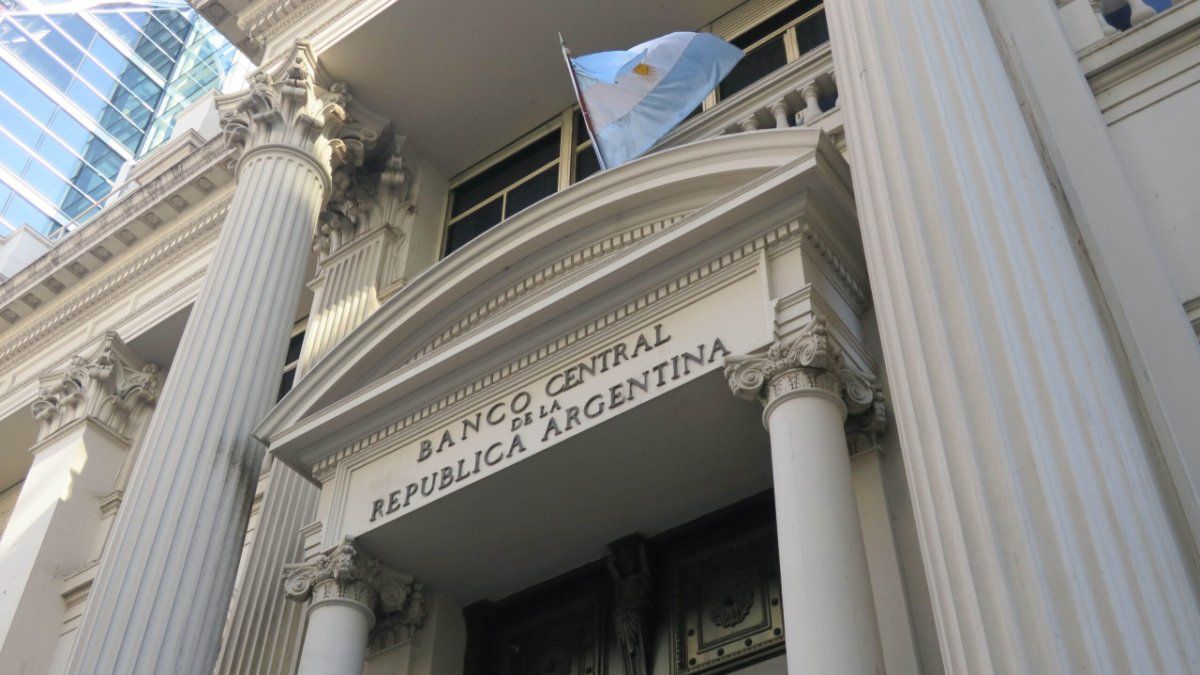After the federal election
Economist Krämer: “Need a signal that changes something”
Copy the current link
Add to the memorial list
After two years of recession, many companies are deeply unsettled. The Commerzbank’s chief economist calls for a new federal government to stop emigration.
According to Commerzbank chief economist Jörg Krämer, a future federal government has to set a quick sign to stop the emigration of companies. “We have many great medium-sized companies in Germany. But it takes a signal that changes something to prevent more and more companies from going abroad and investing there,” said Krämer of the German Press Agency. “Trust in politics is cracked, a departure signal could again create credibility.”
This can mostly come from the reduction in bureaucracy, “for example, if a new federal government is abolishing the German supply chain law or reducing reporting obligations in terms of sustainability,” suggests Krämer. “The supply chain law in particular is emotionally scary.
Large differences between the SPD and the Union
“Union and SPD could also agree on investments in the infrastructure relatively quickly,” says Krämer. “Here the necessary amounts are lower than in defense and could come from shifts if the SPD also offers savings in the citizens’ allowance.” A possible special fund for infrastructure can also be supported by the left.
After migration in the election campaign was the dominant topic, economic policy must now focus more on the focus, Krämer demanded. However, the differences between the potential government partners Union and the SPD are large in tax policy, civil allowance and the debt brake. “This dampens the hopes of a fundamental restart in economic policy.”
Crucial point of debt brake
According to Krämer, the crusade point is likely to be financing. “In defense policy, the necessary additional expenses are so great that they can hardly get from savings.” It would be conceivable to suspend the debt brake with reference to an emergency with a simple majority, to loosen it through the removal of infrastructure expenditure or to abolish it completely, according to the economist. The latter would hardly be done with the Union. Both the SPD and the Greens are in favor of loosening the debt brake.
Also on the left, the Düsseldorf economist Jens Südekum sees potential here: “The left is not the BSW. The left basically has nothing against a reform of the debt brake – unlike the AfD,” said Südekum to the magazine “Capital”.
More orders for industry
After two years of recession, Krämer sees a gradually better environment for the German economy on the part of the global economy. For example, industry has been receiving more orders from abroad for several months. Together with sunken energy prices, the economy supports the economy. “However, the companies suffer from the fact that the framework conditions have worsened massively since the Merkel years.” For the current year, he therefore only expects small growth of 0.2 percent.
dpa
Source: Stern




